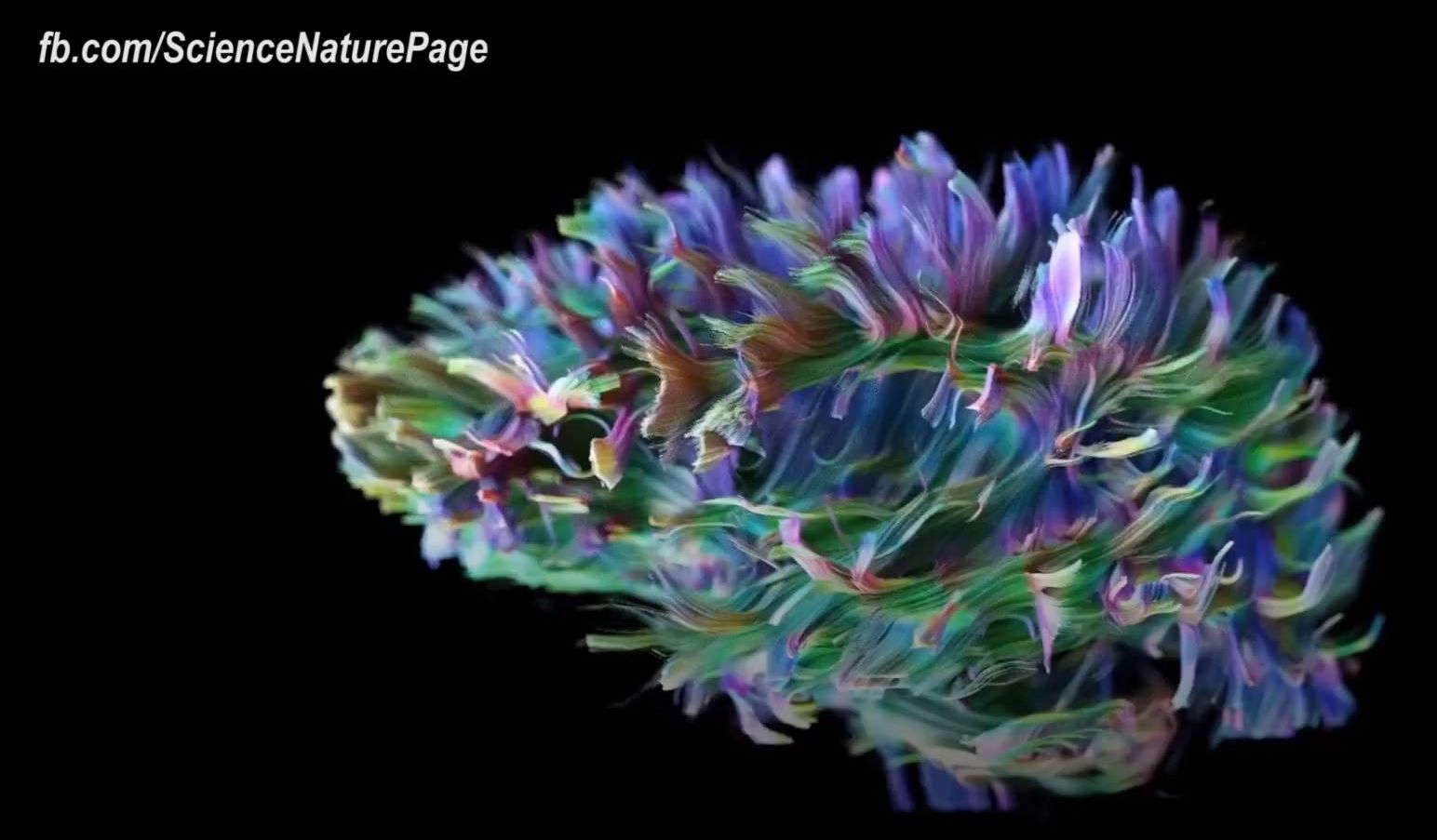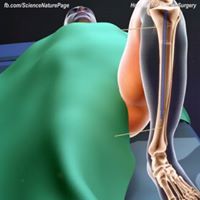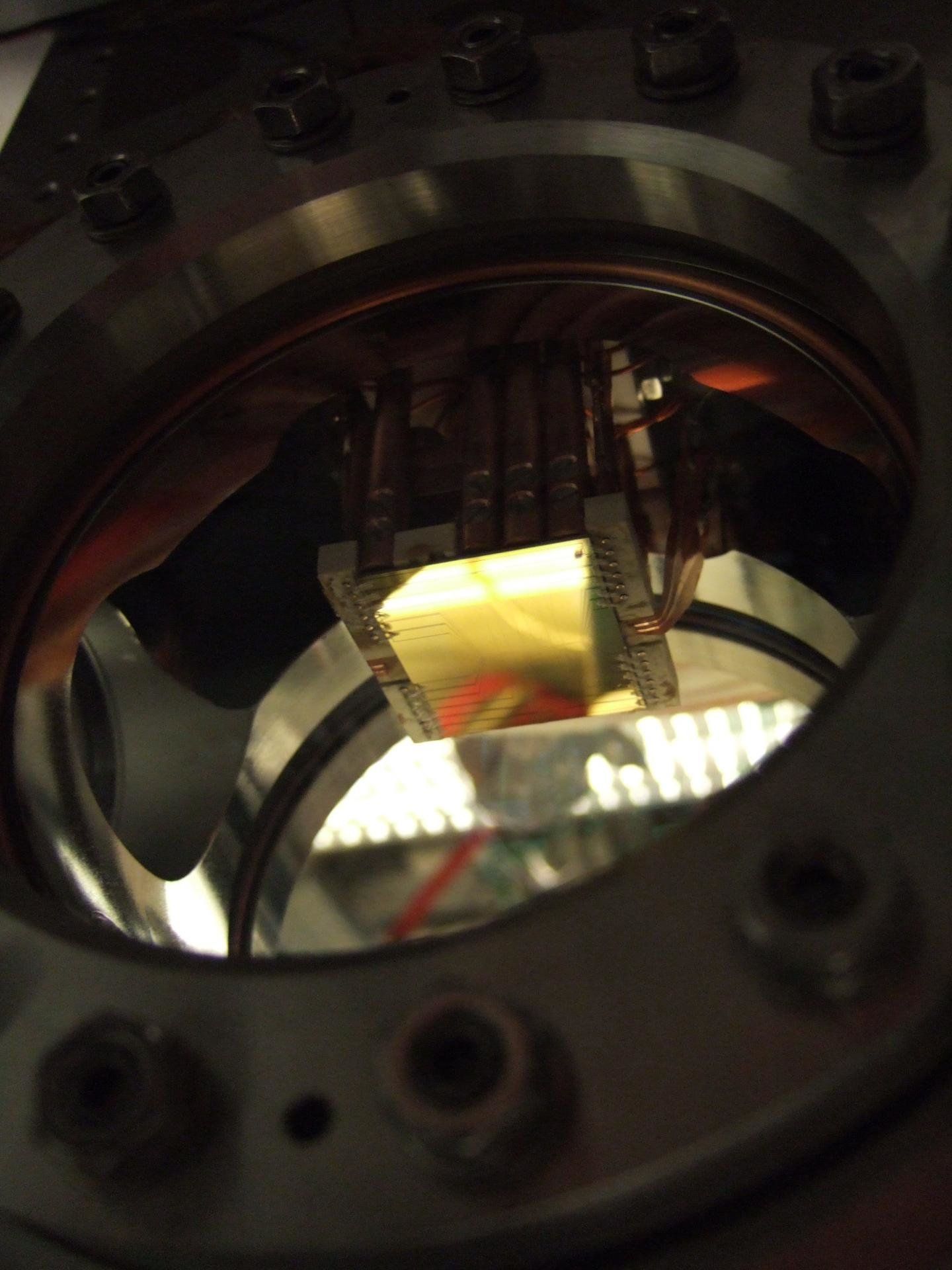Page 8517
Nov 8, 2018
The most detailed map of the brain ever created!
Posted by Shailesh Prasad in category: neuroscience
Nov 8, 2018
This surgery makes short people a few inches taller
Posted by Shailesh Prasad in category: biotech/medical
Nov 8, 2018
Scientists Develop Liquid Fuel That Can Store The Sun’s Energy For Up to 18 Years
Posted by Shailesh Prasad in categories: solar power, sustainability
No matter how abundant or renewable, solar power has a thorn in its side. There is still no cheap and efficient long-term storage for the energy that it generates.
The solar industry has been snagged on this branch for a while, but in the past year alone, a series of four papers has ushered in an intriguing new solution.
Scientists in Sweden have developed a specialised fluid, called a solar thermal fuel, that can store energy from the sun for well over a decade.
Nov 8, 2018
High-Tech Vision Care: Is It Time to Upgrade Your Glasses or Contacts?
Posted by Shailesh Prasad in category: energy
It’s an unfortunate fact that a large percentage of people have some sort of trouble with their vision. Even if you don’t at the moment, every human eventually has enough trouble focusing both near and far that they’ll need glasses for one or the other as they age. Our pupils become more limited also, with young eyes able to expand and close from about 2mm to 8mm, while in seniors they hardly change size at all. Exposure to the wrong kinds of light can also lead to eye issues later in life.
Fortunately, there are a variety of high-tech solutions either available or planned that can help us delay, or workaround, or even prevent some of these problems. For many of us, the only time we think about getting new glasses or a different kind of contact lenses is when our prescription changes. But that old pair of glasses you’re wearing doesn’t include the latest high-tech advances, which might turn out to be important to you. Similarly, there is increasing competition in contact lenses as well. We’ll cover some of the most important advances below.

Continue reading “High-Tech Vision Care: Is It Time to Upgrade Your Glasses or Contacts?” »
Nov 8, 2018
Ray Kurzweil Google Maps Street View Summit Hightlights
Posted by Shailesh Prasad in categories: augmented reality, Ray Kurzweil

Highlights from Ray Kurzweil’s keynote talk at the 2018 Google Maps Street View summit. In this interview, Ray draws compelling connections between augmented intelligence and augmented reality. In light of recent ground-level imaging trends, his perspective paints an exciting picture of the future for Street View and AR.
Nov 8, 2018
A Report from the ISOAD Conference in Nice
Posted by Steve Hill in categories: biotech/medical, life extension
The International Society on Aging and Disease (ISOAD) recently held its third international conference in Nice, France, bringing together researchers – and longevity activists – from around the world. Journalist and supporter of anti-aging research Oliver Rowland attended the event and has made this great report packed with information gathered from interviews and talks at the event.
Professor Eric Gilson
After working in Lyon, Prof. Gilson founded the Ircan Institute for Research on Cancer and Aging in Nice in 2012. “It was perhaps the first institute that specifically aimed to couple the themes of aging and cancer in the same laboratory, even if the links between them had been known to some extent,” he said. “That was its originality.”
Nov 8, 2018
This video is the fifth in a multi-part series discussing computing
Posted by Ankur Bargotra in category: computing

In this video, we’ll be discussing the gap between computing performance and memory and how this ‘memory wall’ is to be demolished.
[0:25–7:00] Starting off we’ll look at, current different types of memory (SRAM, DRAM, NAND,…) and what their use cases and tradeoffs are. As well as, new types of memory that will break current paradigms, such as Optane memory and how all these types of memory can work together to yield performance boosts.
[7:00–9:40] Following that we’ll discuss, improving data transfer mediums and protocols and their effect on decreasing the memory gap.
Continue reading “This video is the fifth in a multi-part series discussing computing” »
Nov 8, 2018
Three asteroids will fly dangerously close to Earth this weekend, NASA warns
Posted by Michael Lance in category: space
You might want to head to the pub and wait for this to all blow over.
The biggest of the three is predicted to be up to 30 metres wide.
Nov 8, 2018
Quantum systems: Same, but different
Posted by Xavier Rosseel in categories: cosmology, particle physics, quantum physics
Remarkable rules have been detected in the apparent chaos of disequilibrium processes. Different systems behave identically in many ways, if they belong to the same “universality class.” This means that experiments can be carried out with quantum systems that are easy to handle in order to obtain precise information about systems that cannot be directly studied in the experiment—such as the Big Bang.
Some phenomena are so complicated that it is impossible to precisely calculate them. This includes large quantum systems, which consist of many particles, particularly when they are not in an equilibrium state, but changing rapidly. Such examples include the wild particle inferno that occurs in particle accelerators when large atoms collide, or conditions just after the Big Bang, when particles rapidly expanded and then cooled.
At TU Wien and Heidelberg University, remarkable rules have been detected in the apparent chaos of disequilibrium processes. This indicates that such processes can be divided into universality classes. Systems belonging to the same class behave identically in many ways. This means that experiments can be carried out with quantum systems that are easy to handle in order to obtain precise information about other systems that cannot be directly studied in the experiment. These findings have since been published in the journal Nature.
















